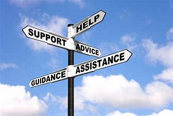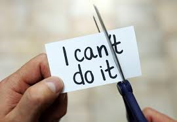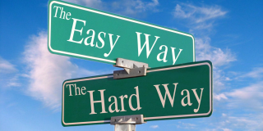Anxiety


Anxiety
Anxiety can be tough for anyone to deal with especially teenagers. Teenagers with anxiety will be some of the strongest, most likeable, bravest people.
On average 1 in 5 young people have anxiety.
Anxiety exists on a spectrum, some people get it a lot, some get it a lot less. We all experience anxiety at some point in our lives.
Signs of anxiety include, negative thoughts, what-ifs, thoughts of being judged, embarrassment, excessive worrying. Small thoughts can grow into big worries.
Feelings – fearful, worried, overwhelmed, out-of-control, panic, separation.
Physically – racing heart, tightness in chest, tense muscles, shaking, dizzy, feeling sick, tearful, angry
Behaviours – pulling hair, nail biting, self-harm, avoidance, habits/rituals, difficulty sleeping, poor diet.
Anxiety and your body.
- Everything you feel when you have anxiety is to do with your body getting ready to fight or flee, when there is actually no need for either.
- Anxiety happens because a part of your brain (the amygdala) thinks there might be something it needs to protect you from. When this happens, it surges your body with a mix of neurochemicals (including oxygen, hormones and adrenaline), designed to make you stronger, faster, more alert and more powerful so you can fight for your life or run for it. This is the fight or flight response. It’s normal and healthy and it’s in everyone. In people with anxiety, it’s just a little quicker to activate.
- The amygdala can’t always tell the difference between something that might hurt you and something that won’t – and it doesn’t care. All it wants to do is keep you safe.
- Your breathing may get faster so your body can take in more oxygen, your heart rate will go up as your body prepares to ‘fight’.
- Your tummy feels funny as the vital organs tend to get more resources. You may even feel cold.
- The amygdala also controls your emotions so when it’s in fight or flight, it’s switched on to high volume. This means your emotions can be too.

Tools and Techniques
Strategies:
- The effects of physical exercise on mental health are proven and powerful.
- Breathing exercise - strong, deep breathing initiates the relaxation response for your body and helps reduce the feelings of anxiety. Once you start, slow deep breathing, your body will take over and do the rest. As you breath out slowly the anxiety will start to diminish.
- Brain exercises can be as equally powerful. Stay in the present, ‘watch’ your thoughts and feeling without hanging onto them for too long. Minds like to wander especially anxious ones, stay in the moment. This can take a bit of practice.
- Mindfulness is a useful tool when we are anxious.

Useful apps:
- Smiling Mind,
- Stop Breath Think,
- Calm,
- Headspace
Who can help
School – guidance staff will work closely with young people with anxiety and may refer them on (with your permission) to other agencies that work with the school. However if the anxiety is linked with safety issues we would always advise you to contact your GP.
work with the school. However if the anxiety is linked with safety issues we would always advise you to contact your GP.
- The Corner, Dundee 01382 206060 www.thecorner.co.uk
- Children First 01382 349910 www.children1st.org.uk
- NHS Centre for Child Health 01382 204004 Dudhope Terrace, Dundee
This information can be downloaded as a pdf booklet from this link.

